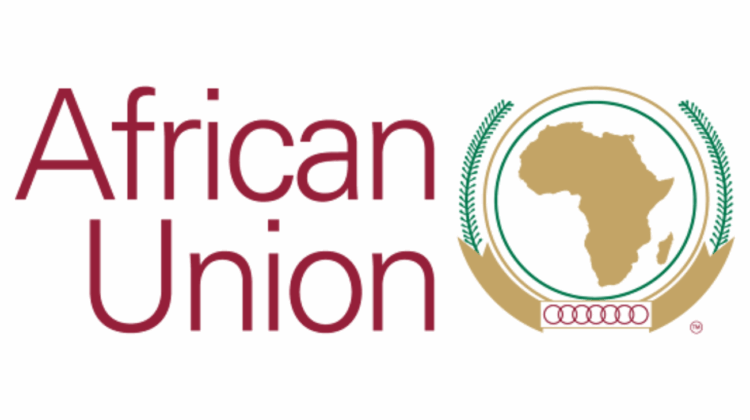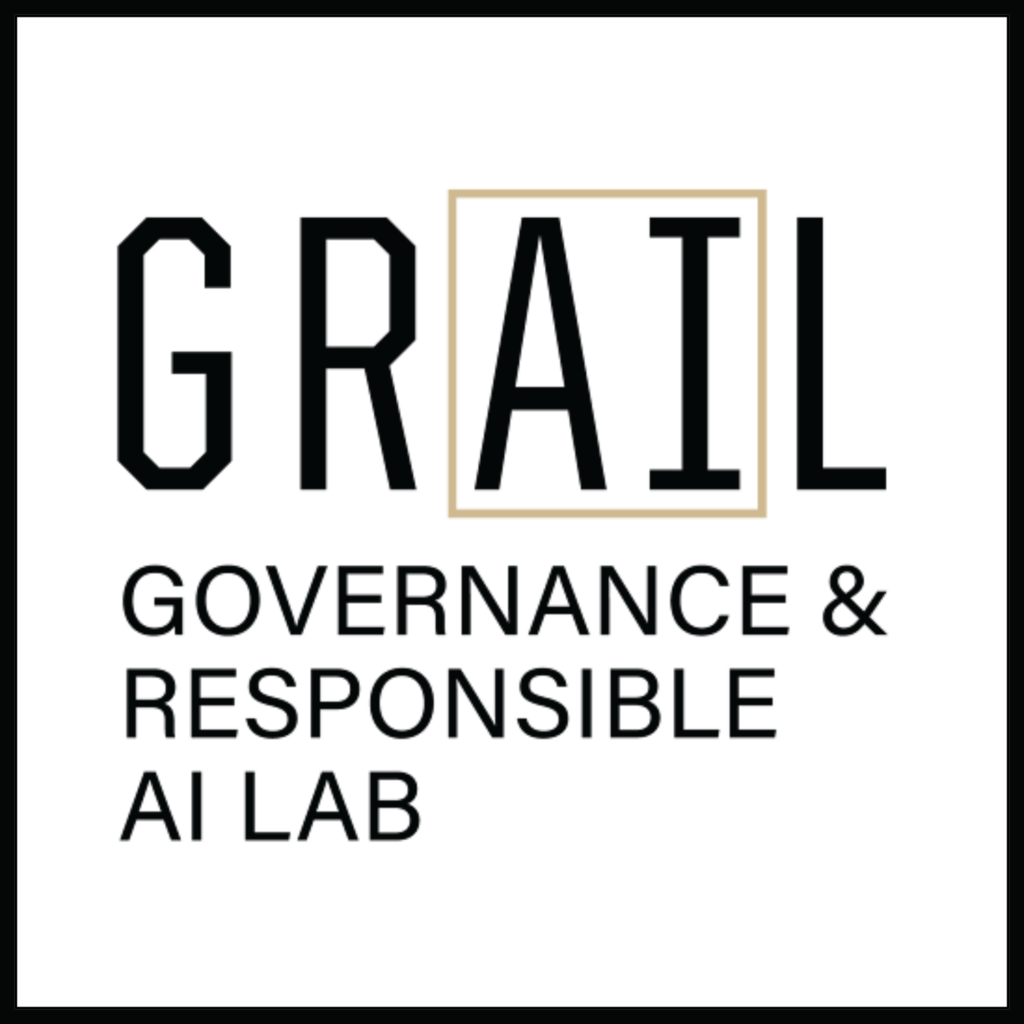

✍️By Ogadinma Enwereazu.
Ogadinma is a Ph.D. Student in the department of Political Science and a Graduate Affiliate at the Governance and Responsible AI Lab (GRAIL), Purdue University.
📌 Editor’s Note: This article is part of our AI Policy Corner series, a collaboration between the Montreal AI Ethics Institute (MAIEI) and the Governance and Responsible AI Lab (GRAIL) at Purdue University. The series provides concise insights into critical AI policy developments from the local to international levels, helping our readers stay informed about the evolving landscape of AI governance. This piece analyses the African Union’s strategic framework to advance Africa’s AI development.
The African Union (AU) Continental AI Strategy lays down a unified and strategic framework to advance Africa’s AI development. While distinct from the EU AI Act in its non-binding nature, the strategy still provides a high-level document that guides member states in developing national AI policies consistent with continental goals. It also cultivates capacity building and mobilizes investments tailored to Africa’s unique socio-economic landscape.
The strategy rests on five key focus areas:
- Harnessing AI’s benefits for socio-economic development, agriculture, education, healthcare, climate, and public service.
- Minimizing risks related to ethical, social, and security concerns, including bias, misinformation, and human rights protections.
- Building capability through infrastructure, data platforms, AI skills development, research, and innovation.
- Fostering regional and international cooperation to strengthen Africa’s AI ecosystem and global participation.
- Stimulating public and private investment in AI initiatives and startups.
Security is central to the minimizing risk focus area. Under this category, the framework integrates AI as both an opportunity and a challenge for peace and security governance. The strategy acknowledges these risks and categorizes security as a priority area along with its broader focus on AI innovation. It also emphasizes the importance of adopting and implementing technical standards to ensure AI systems’ safety and security across the continent, aiming to prevent unauthorized access by malign actors such as terrorists. Further, this focus area encourages member states to address the manipulation potential of AI in spreading misinformation, fake news, and hate speech, which are recognized tactics frequently employed by extremist groups to radicalize and incite violence.
In the African context, emerging evidence shows that non-state actors and other groups are adopting AI technologies for propaganda dissemination, video editing, and manipulation of written communications, thereby enhancing their cyber and physical operational capabilities. Although the sophistication and extent of AI use by these groups remain limited and experimental, the rapid accessibility and low entry barriers of AI tools raise concerns about accelerated exploitation by violent extremist groups. This reality urges African nations to prioritize AI-ready counterterrorism frameworks.
The strategy also advocates for rigorous assessment of AI safety, particularly the risks tied to emerging technologies like generative AI and large language models. This includes the call for transparent AI systems and frameworks to mitigate misuse and vulnerabilities. While these transparency principles are strongly endorsed, specific details on how to operationalize such transparency remain underdeveloped within the document. It also acknowledges broader cybersecurity challenges, with some calls to strengthen national cybersecurity systems in line with the AU Malabo Convention and other continental frameworks.
Despite its promise with the five major focus areas, the strategy faces some limitations concerning security. First, as mentioned earlier, it operates largely as a voluntary guiding framework without binding obligations, meaning that implementation is likely to vary depending on each country’s political will. Second, the strategy does not provide detailed counterterrorism measures or practical defensive guidelines for integrating AI into national and regional security operations. This gap is particularly concerning because African states are confronted with challenges such as limited technical expertise and inadequate funding, which significantly hinder their ability to implement security infrastructures. These challenges are now further compounded by the accelerating advent of AI, which brings both new opportunities and heightened risks that the current strategy does not fully address.
Further Reading
